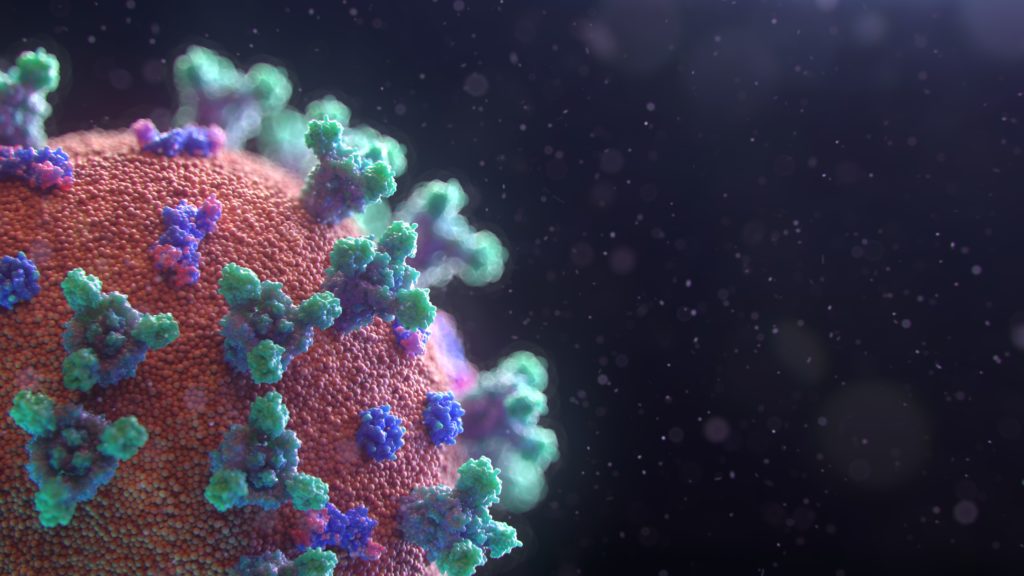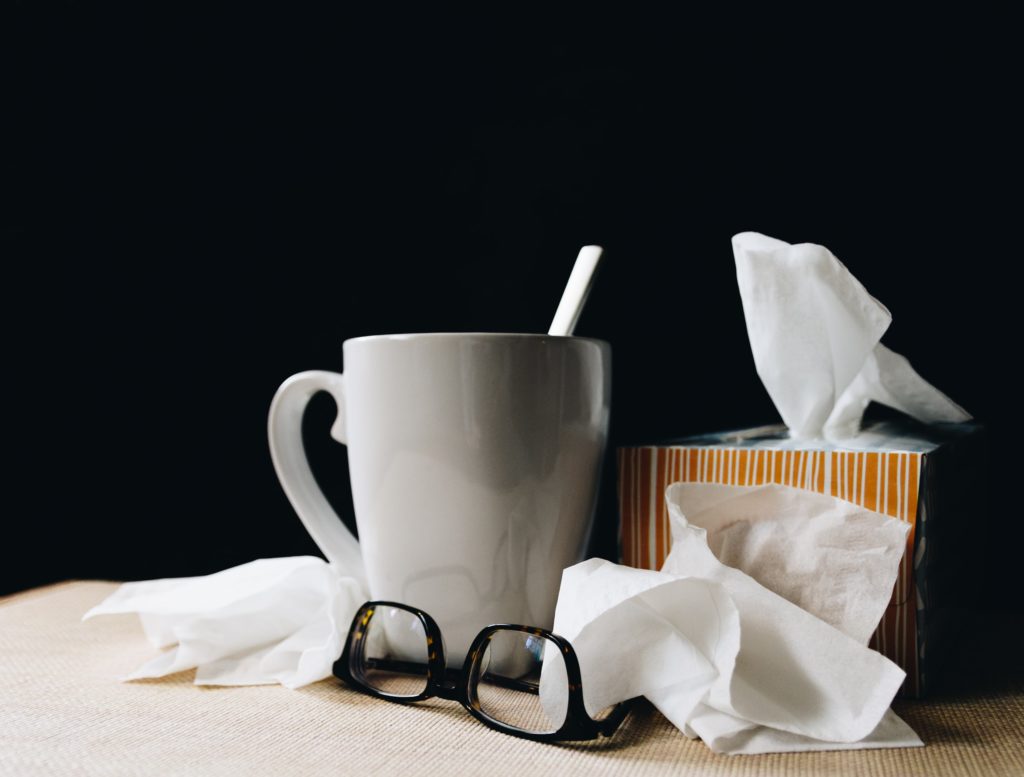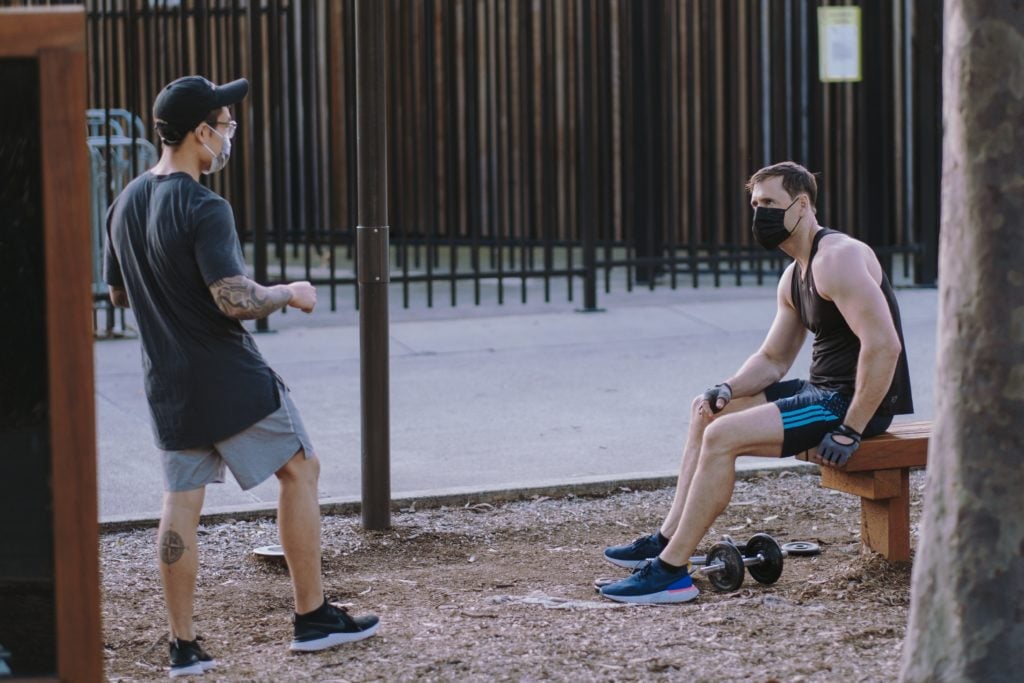Staying informed is one thing; binging on every piece of information you can find is another. During this quarantine period of the coronavirus crisis, it’s natural to have a thousand different questions. When is this going to end? Will there be a vaccine soon? Are we going to be fine? And so on.
We’re not supposed to, but we tend to get so caught up in finding answers that we
might fall prey to all kinds of COVID-19 fake news. The worst thing about it is: some
people can’t help but pass them around.

Let’s put an end to these myths, shall we?
Before we uncover the most shared rumors about COVID-19, let’s understand a little more about the virus itself.
What is COVID-19 and why is it called the “novel coronavirus”?
COVID-19 stands for Coronavirus Disease 2019, which is caused by the virus SARS-
Cov-2. It’s called the “novel coronavirus” because there were other Severe Acute Respiratory Syndromes in the past, like the Middle East virus and the New Haven virus. A new strain of the SARS coronavirus is causing the pandemic we’re currently experiencing. The pathogen is completely new to our immune system, so none of us is safe from getting infected.
If you Google any microscopic image of the virus, you’ll see that its enveloping material has little prickles on it, which makes it look a bit like a crown. Hence the name coronavirus, “corona” is the Latin translation for “crown”.
For now, the rules are clear: to slow the spread, we should wash our hands often,
avoid touching our face, and practice social distancing.

Now that we have a little background, let’s get to the real deal: which of the following rumors do you still believe, and why are they untrue? Keep reading.
“Pets CAN get infected with the coronavirus, so I should put a mask on my
cat/dog.
As more and more people get infected every day, another worry comes to mind: can
our pets get infected with the coronavirus? Well…
As of yet, there’s no sufficient evidence to prove that. You might have heard about
studies that showed a cat and a Pomeranian have tested positive, and that might have freaked you out. The good news is, you can relax.
A Chinese study reported that cats could pass the virus between them. Still, only five
cats were part of this study, which makes the case an exception rather than a rule. The World Organization for Animal Health has stated that, for now, there’s no need to protect our pups and kittens as we do ourselves. So no, your pet doesn’t need a face mask.
“The coronavirus is just the common cold—only under a different name.”
By now, we should all be familiar with the most common symptoms of the novel
coronavirus, which are: a dry cough, a fever, and trouble breathing. Still, other
symptoms might come along, although rarely. When it comes to the recurrent doubt “coronavirus vs. common cold”, usual symptoms we experience with a cold—runny nose, sore throat, aches, and pains—are either rare or non-existent in a COVID-19 patient.

It’s the same thing with the flu. Although a dry cough and a fever will most likely manifest with both viruses, coronavirus patients usually don’t experience sneezing. With these little nuances, identifying different infections becomes a bit easier before we freak out and rush to the hospital. Now, keep this in mind: some patients might be asymptomatic or experience mild symptoms only.
“Even if I’m healthy, I should wear a face mask to stay safe.”
If you hop out of the house for some quick grocery shopping, you’ll probably see mostly everyone roaming around with masks. “But are all of those people infected?”, you ask. No, they’re not. Most (healthy) people wear masks without needing them. Truth is, you should only wear a mask if you have any symptoms, such as a cough. You should also wear a mask if you’re healthy and taking care of someone else who’s infected with the virus.
In case you’re healthy and no symptoms have manifested, sticking the proper hygienic measures (washing your hands thoroughly and using hand sanitizer) and staying home is enough to protect yourself from the disease.
In case you need a mask, The World Health Organization has described how to
properly use and discard of a mask. Also, check out these DIY coronavirus mask
tutorials that are super easy to learn.
“Heat kills the coronavirus, so its impact won’t be as harsh in warmer climates.”
Before the coronavirus became a pandemic, this belief used to be soothing for inhabitants of warmer areas. “Even if the virus hits us, it won’t survive in our climate”, they said. It turns out this is just another rumor. The virus can spread anywhere in the world and infect as many people as it does in colder climates if social distancing and hygiene measures are ignored.
“It’s safe to use hydroxychloroquine to treat coronavirus.”
Recently, President Donald Trump and Brazilian President Jair Bolsonaro have hyped
the drug hydroxychloroquine, used in the treatment of malaria, as a potential “cure” for the novel coronavirus. Despite it being called a “controversial” and “unproven” drug, several supporters still swear by its healing potential, which hasn’t yet been fully confirmed.
Without enough proof, the drug remains unsafe for treatment. Doctor Allen Cheng, an infectious disease physician at Monash University stated that, in testing the effectiveness of hydroxychloroquine, the drug didn’t help patients get rid of the virus. While it helped relieve symptoms, it also presented side effects in some patients. Even with upsetting news, studies are still underway.
“Social distancing isn’t working. We should all just return to normal life.”
If social distancing really worked, there probably wouldn’t be thousands of new COVID-19 cases popping up every day, right? Wrong. In fact, social isolation has been showing effectiveness by slowing the spread in some areas. The virus has an incubation period of 14 days, meaning patients who tested positive will only know they’re sick after a little while.

That explains why new cases grow day after day. Even though we might be discouraged by the surge of cases and deaths, now isn’t the time to stop. Without social distancing, even more people would be infected and the numbers would soar.
Whenever possible, stay home.
Until we have a tested, proven treatment or vaccine for the coronavirus, our best
choice is to respect self-isolation and clean our hands as often as possible. Also, we
should turn our attention to reliable sources only. Don’t go believing everything you
read or hear—you could be stressing over nothing, or worse, spreading fake news.
Optimized Life has a full Covid19 resource center FREE for your readers. CLICK HERE TO SIGN UP to get the latest updates on Covid19.






